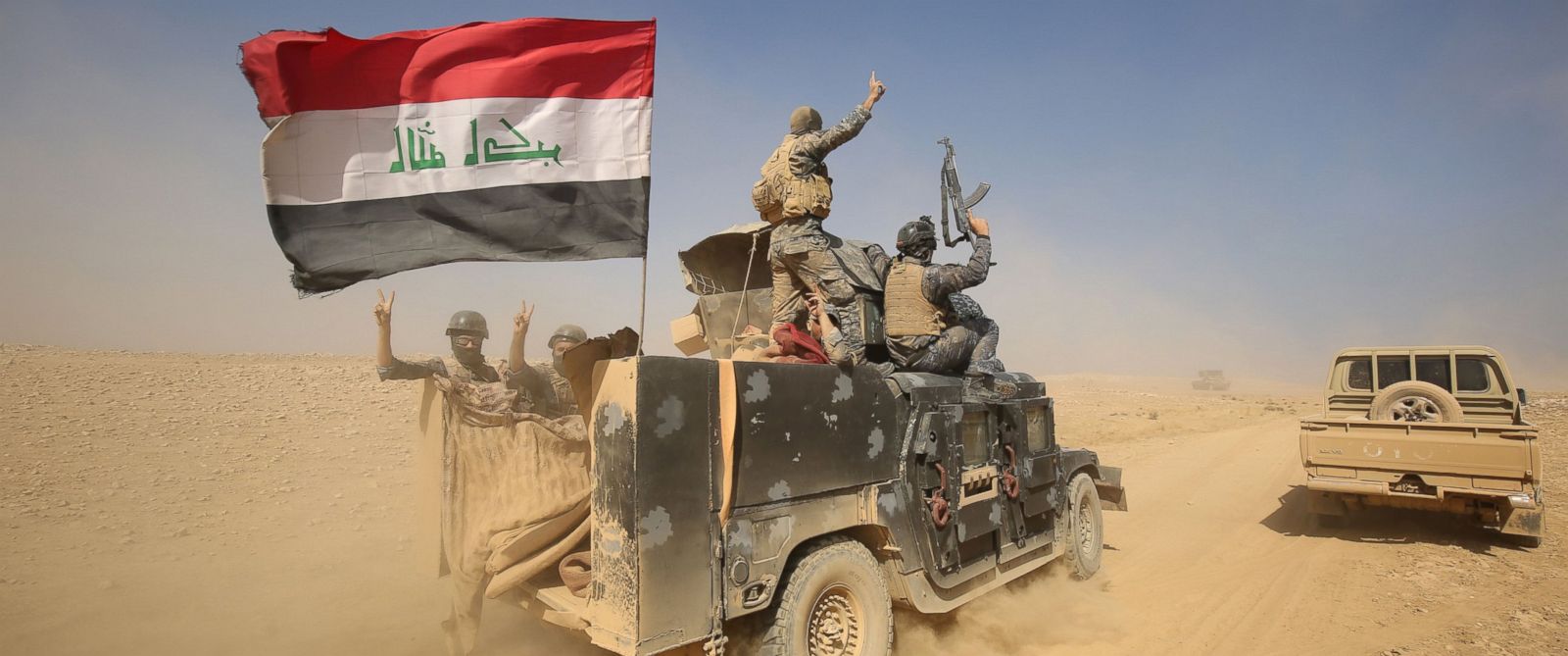
A coalition made up of American airpower, a newly energized Iraqi Army, Kurdish forces and often unnamed Iranian assets is currently assaulting the city of Mosul, ISIS’s main stronghold in Iraq.
It is likely that Mosul will fall to the combined forces, as a military buildup of Syrian Army, Russian airpower and more unnamed Iranian assets challenge Raqqa, the Islamic State’s Syrian stronghold. While minorities in the region continue to suffer to the point of extinction and will probably continue to be ignored, foreign powers involved in the region are stirring conflicts in Yemen, Libya and possibly most of the Levant for generations to come.
It is hard to say how severely damaged relations between the US and Russia have become over the last year. A position usually reserved for the U.S., Russia has become the de facto king maker/human rights aggressor in the region. Russian forces in the region gave the current American administration the ability to back away from regional commitments and, at the same time, opened themselves up for the U.S. condemnation of its actions.
Following the U.S. presidential election, it can be certain that involving Russia into U.S. domestic politics will have done nothing to help the current standing between Washington and Moscow. Moreover, regardless of the outcome on November 8, it is unlikely that American citizens or soldiers will eagerly look forward to fighting Russian forces on the plains of Ukraine under what will be the President with the lowest favorability ratings in American history. Batteries of S-300 and S-400 anti-aircraft missile systems in Syria will ensure a one-button war will be viable, and preventing another Wikileaks information dump will do nothing to change that situation or the likability of the next American President.
A victory over ISIS in Mosul will not foster an end to the tensions and conflict in the region. While the U.S. may be open to dialogue with Iran, and may even expect Iran to handle future issues in the region, the perennial crux of the issues between Sunni Arabs and Shi’a Persians will not disappear in one generation.
Unless old wounds were to heal instantly overnight, Sunni Arabs will never accept any scenario where foreign powers control their future. By all rights, Kurdistan should become an independent state, although it is likely that Turkey will prevent the bravery of Kurdish Peshmerga from earning their own land and borders.
Minorities, if any of them survive targeted killings, will have no choice but to seek fortunes outside of the region. With Western governments actively ignoring their issues as seen with the genocide of the Yazidis, their future will never be bright and survival will be their only focus.
With regards to the majority, Arabs will never accept rule by another culture perceived as their enemies. And while labels may change and extremism may be quelled as an ideology, the lack of real independence will always be a catalyst for war. The most realistic scenario is that with bad policy decisions and choices that leave little to traditional, local powerbrokers in the region, the battles for Mosul and Raqqa will bring about the end of an occupation by radicals, but will do little to prevent future conflicts.